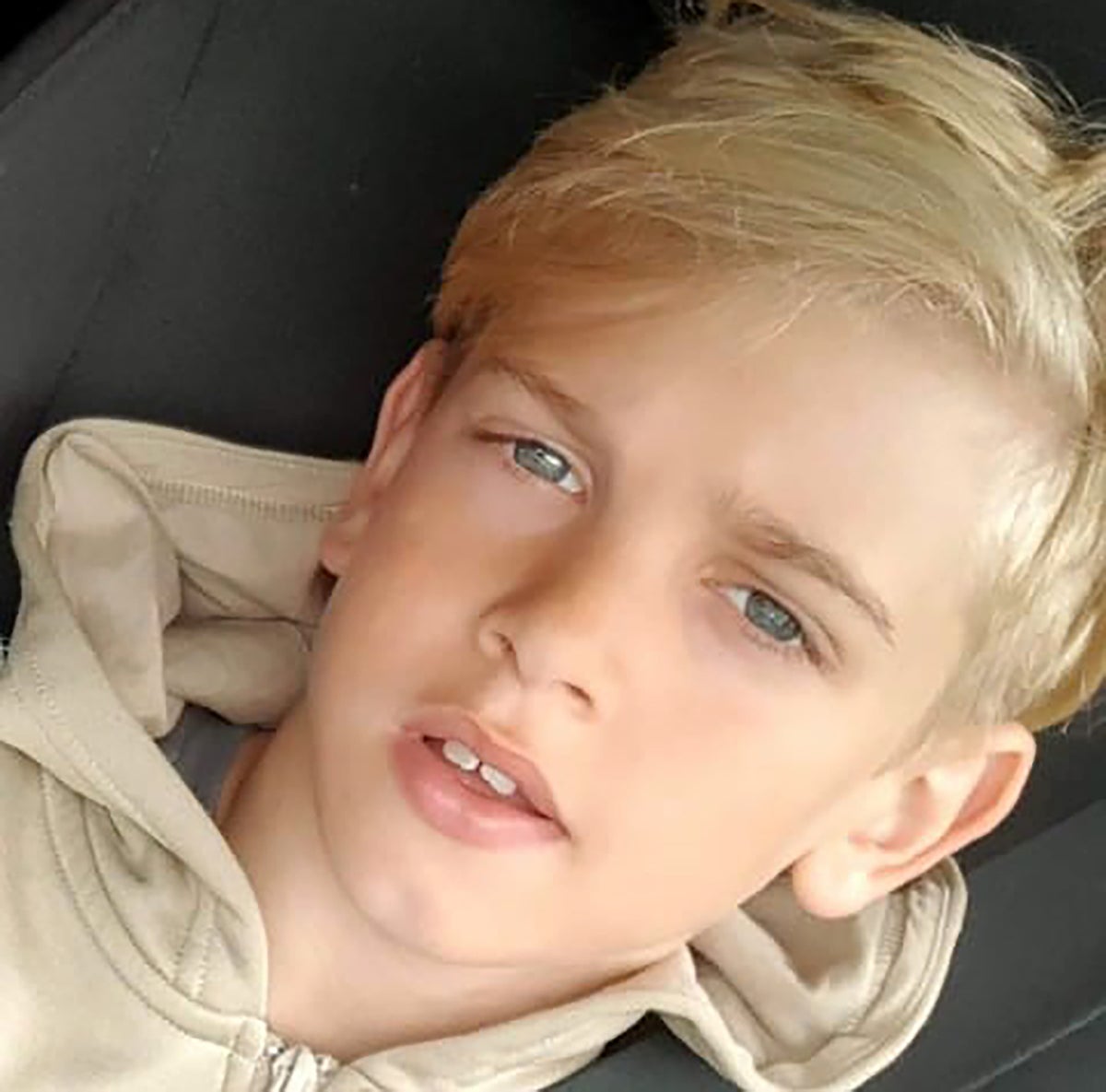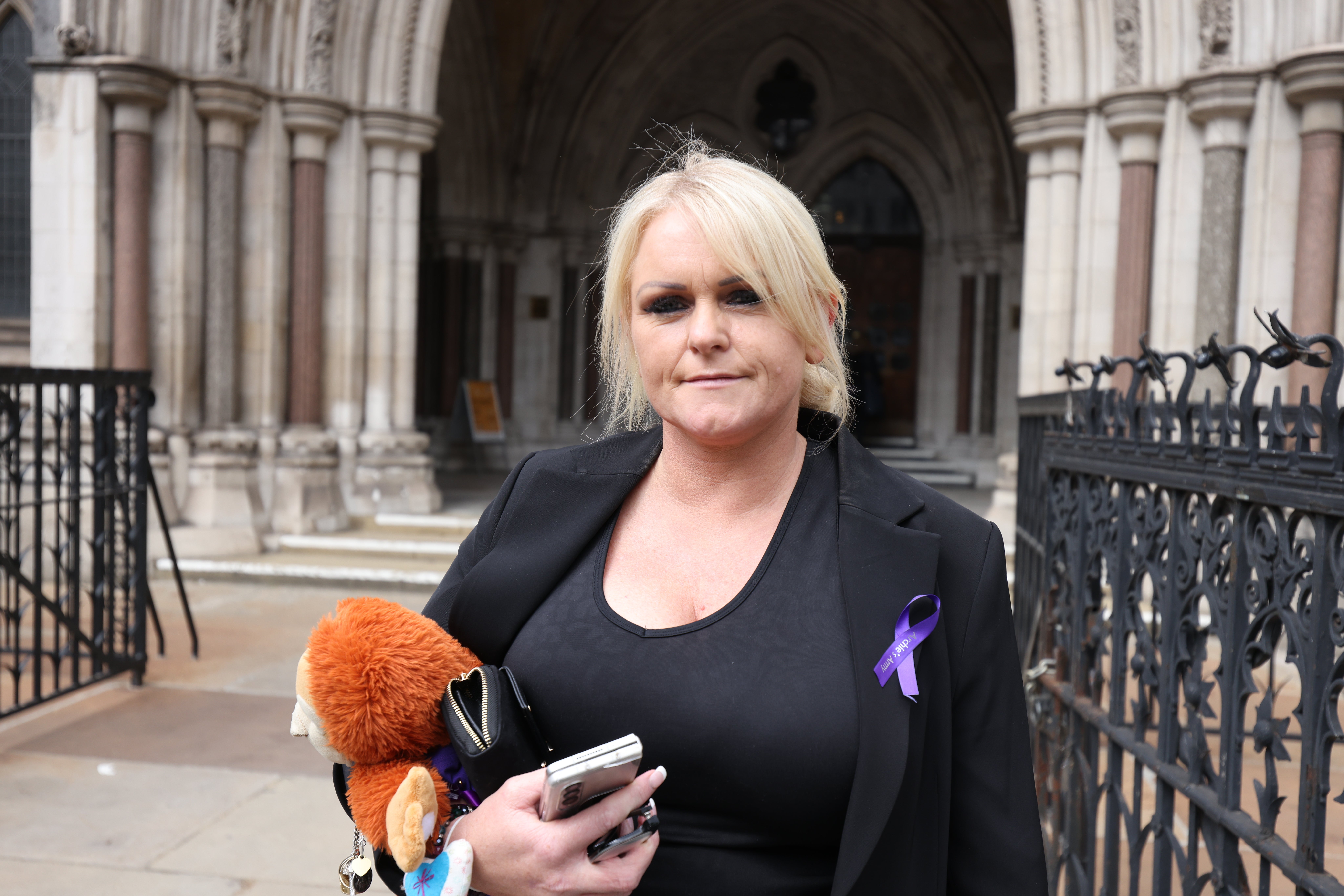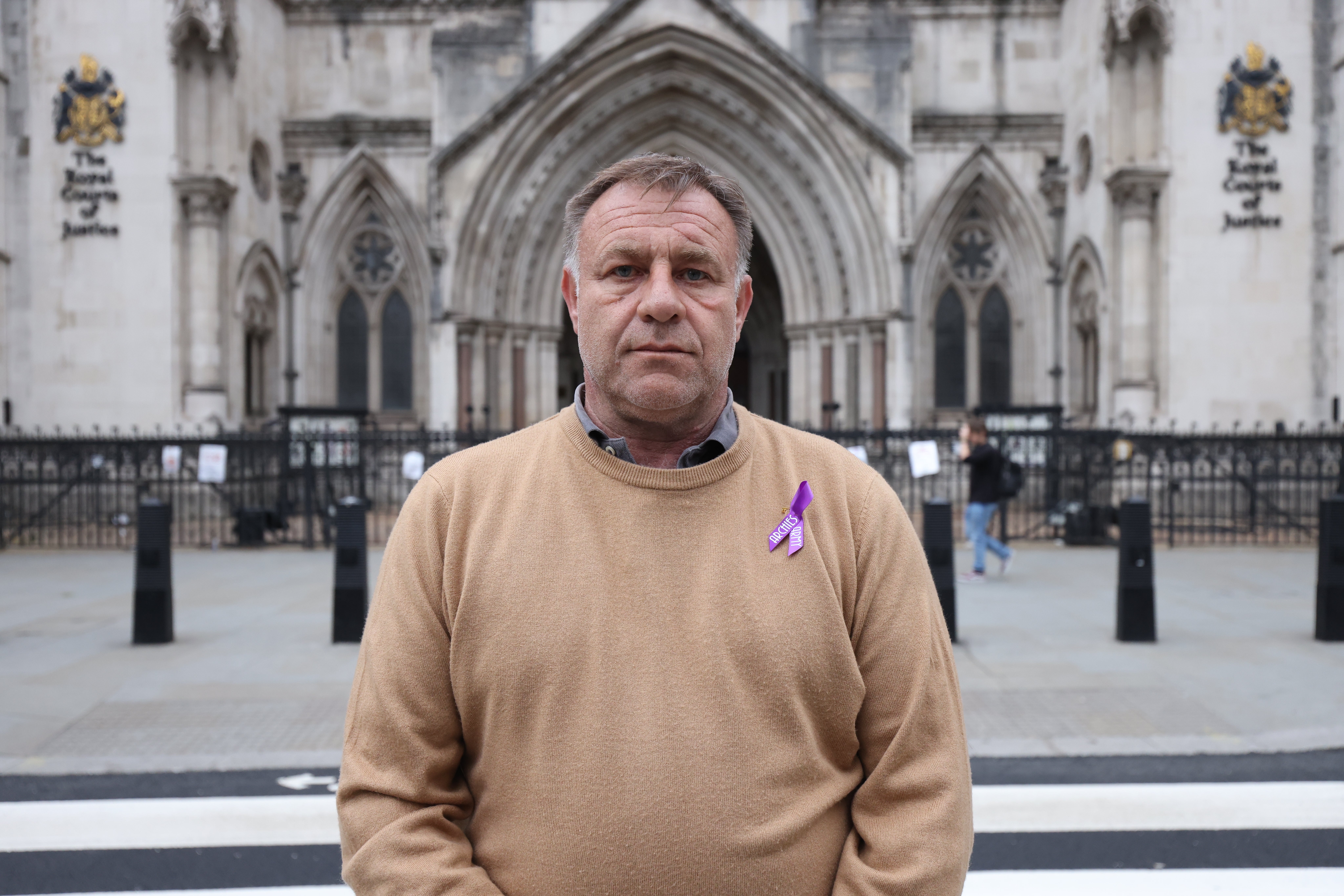
The parents of a 12-year-boy at the centre of a life-support treatment dispute have won the first stage of an appeal bid after a High Court judge concluded that the youngster was dead.
Mrs Justice Arbuthnot recently ruled that doctors could lawfully stop providing treatment to Archie Battersbee, after considering evidence at a trial in the Family Division of the High Court in London.
Archie’s parents, Hollie Dance and Paul Battersbee, from Southend, Essex, want Court of Appeal judges to consider the case.
On Monday Mrs Justice Arbuthnot, at a follow up High Court hearing, gave Ms Dance and Mr Battersbee permission to mount an appeal.
She said there was a “compelling reason” why appeal judges should consider the case.
A barrister leading Archie’s parents’ legal team argued that evidence had not shown “beyond reasonable doubt” that the youngster was dead.
Edward Devereux QC said the decision had been made on a balance of probabilities.
He argued a decision of such “gravity” should have been made on a “beyond reasonable doubt” basis.

Mrs Justice Arbuthnot decided that appeal judges should consider that standard of proof issue.
She said Court of Appeal judges had never considered that standard of proof issue in relation to “declaration of death” cases.
The judge said that issue provided a compelling reason why appeal judges should consider the case.
Doctors treating Archie at the Royal London Hospital in Whitechapel, east London, told Mrs Justice Arbuthnot they think the youngster is “brain-stem dead”.
They say treatment should end and think Archie should be disconnected from a ventilator.
Archie’s parents say his heart is still beating and want treatment to continue.
Lawyers representing the Royal London Hospital’s governing trust, Barts Health NHS Trust, asked Mrs Justice Arbuthnot to decide what moves are in Archie’s best interests.

Mrs Justice Arbuthnot heard that Archie suffered brain damage in an incident at home in early April.
Ms Dance said she found her son unconscious with a ligature over his head on April 7 and thinks he might have been taking part in an online challenge.
He has not regained consciousness.
Mr Devereux outlined nine grounds of appeal in total.
Mrs Justice Arbuthnot dismissed eight of those grounds after concluding that they had “no merit”.
Mr Devereux said in civil court cases judges normally made decisions on a balance of probabilities – not on a criminal court “beyond reasonable doubt” basis.
But he said the decision was of such “gravity” that it should not be made on the balance of probability.
He told Mrs Justice Arbuthnot: “An application for a declaration of death is an exceptional category of case that required the court, notwithstanding that these are civil proceedings, to apply a standard of proof of beyond reasonable doubt.”
A spokeswoman for Archie’s family said relatives are delighted by Mrs Justice Arbuthnot’s appeal decision.
“We were all really convinced that we weren’t going to get permission to appeal,” added Ella Carter.
“So we’re more than happy at the decision – we’re delighted.”







